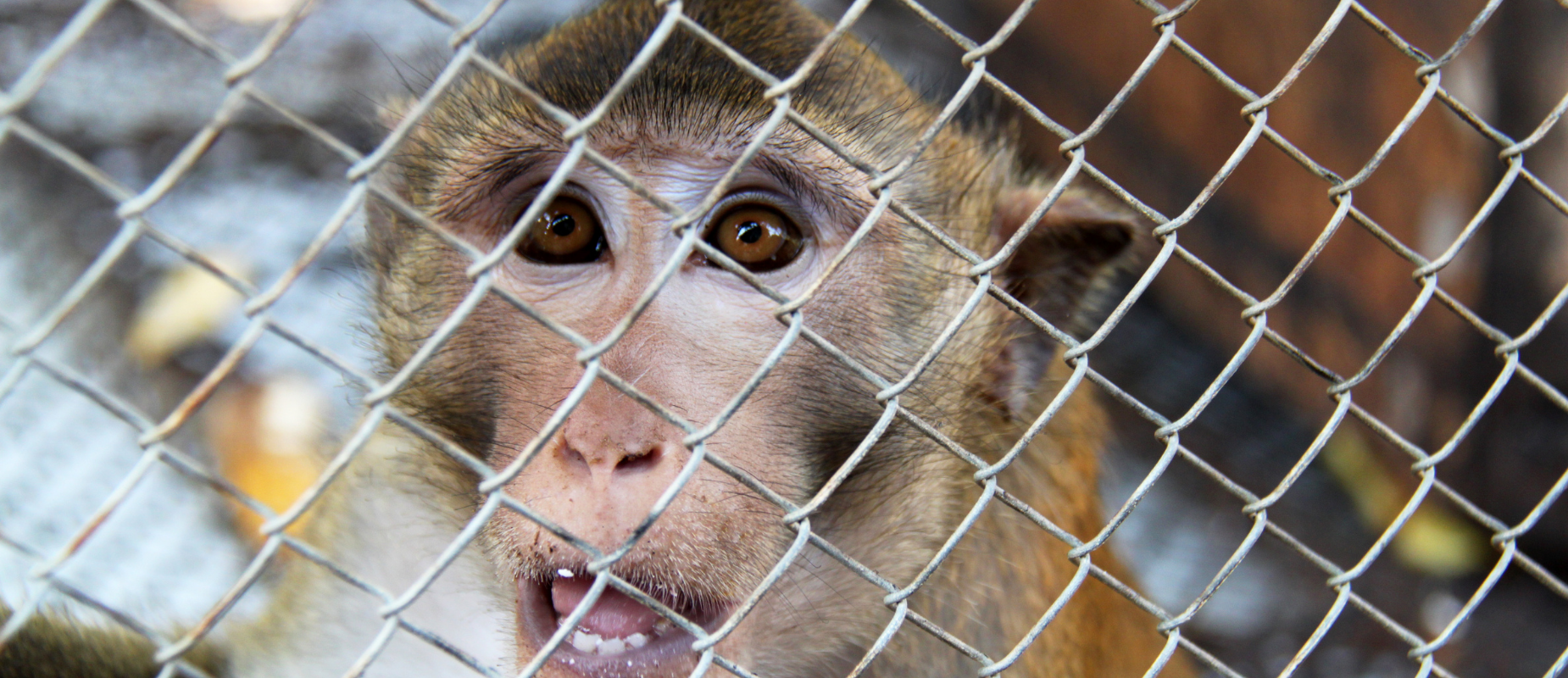
As of 2019, over 70 top scholarly journals will seemingly publish any research on primates, without considering the inherent ethical concerns.
Take this study, for example, which published results of Prof. Lance McMahon’s notoriously cruel nicotine shock experiments on primates. Those experiments continue to this day, and in part because too many scholarly journals are willing to publish the results of this unethical research.
We believe scholarly journals have an important role to play in helping reform unethical scientific research.
In our view, scholarly journals should require anyone submitting results of invasive research on captive non-human primates to include in their submission for publication an additional statement of assurance with regard to the animal welfare practices observed in that research.
Prof. John Gluck today sent this letter to scholarly journals asking specifically that they require authors to include in their submissions for publication a statement signed by a senior administration official of the entity where the research took place that certifies that at least one of those officials have reviewed the welfare claims of the Principal Investigator and IACUC.
The statement should report on the Principal Investigator’s effort to actively minimize the pain, distress, and emotional trauma that accompanies being used as a captive experiment subject.
There is precedent for this reform. As Prof Gluck explains in his letter:
“At least one scholarly journal in the United Kingdom has already enacted internal reforms to speak to these concerns. The Editor of the British Journal of Anaesthesia (BJA) stated in 2010 that that journal “takes its responsibilities with regard to animal welfare very seriously and, as the Editor responsible for many of the basic science studies submitted to the journal, I have certainly rejected a number of studies due to concerns about animal welfare. Indeed, reviewers will have noted that they now have to answer the question ‘Do you have any concerns related to the use of animals in the study being reported?’ “